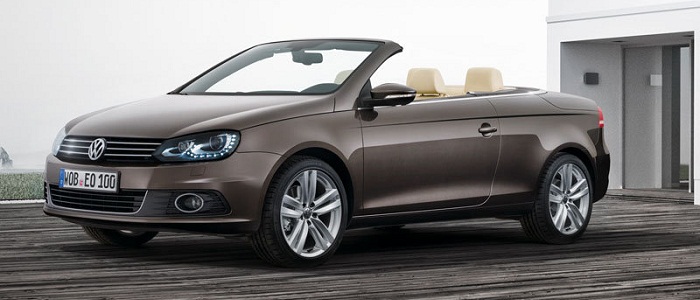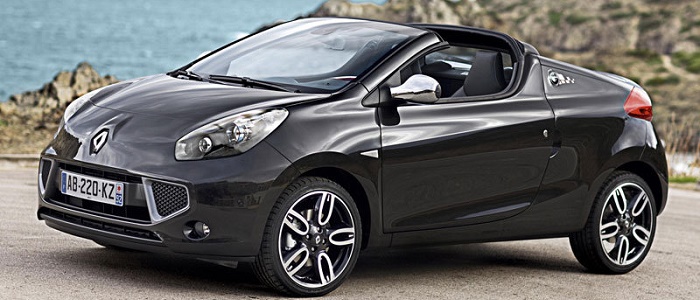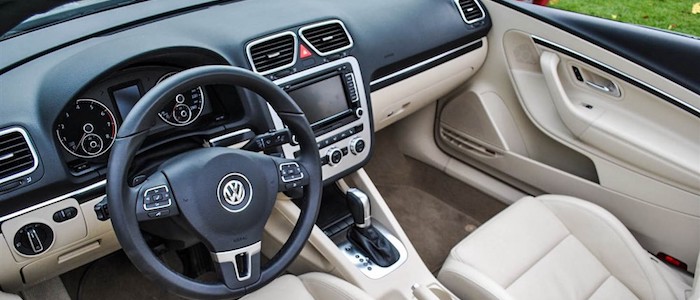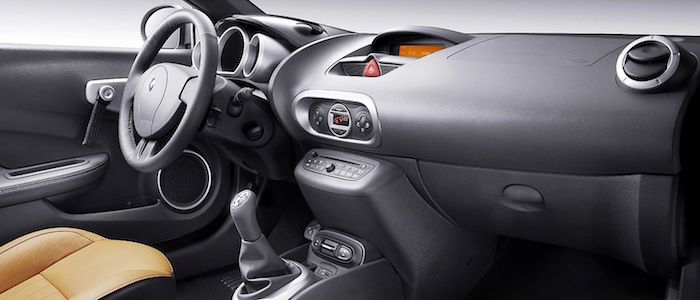Compare two cars
Compare any two cars and get our Virtual Adviser™ opinion
Marketing
Dimensons & Outlines
Engine
Performance (manual gearbox)
Performance (automatic gearbox)
Expenses
Virtual Adviser's™ opinion
Well, these are two pretty similar cars we have here! It's only details that could potentially make the difference. Considering they both belong to the sports car segment and utilize the same 2-door cabriolet body style and the front wheel drive system, it all comes up to the specific petrol engine choice they offer. The first one has a Volkswagen-engineered powertrain under the hood, a 4-cylinder, 16-valves 211hp unit, while the other one gets its power and torque from a 4-cylinder, 16-valves 135hp engine designed by Renault.
SafetyThe fact that the Volkswagen got tested by the European New Car Assessment Programme (Euro NCAP), while the other contender didn't, offers a slight advantage, as the 4-star rating is better than none. Moving further on, let's take a closer look at some additional safety-related facts. Both vehicles belong to the sports car segment, which is generally classifying them somewhere in the middle safety-wise, but that fact doesn't break the tie between the two cars. Furthermore, when it comes to weight, a factor that most people underestimate, the German car offers a considerable difference of 27% more metal.
ReliabilityReliability is not the best thing to consider on the make level, but it is worth mentioning that Renault does have a slight advantage, all the models observed together. That's the official data, while our visitors describe reliability of Volkswagen with an average rating of 4.2, and models under the Renault badge with 4.1 out of 5. Some independent research have also placed Eos as average reliability-wise, and Wind is more or less at the same level.We should definitely mention that owners of cars with the same powertrain as the German car rank it on average as 3.4, while the one under the competitor's bonnet gets 4.5 out of 5.
Performance & Fuel economyVolkswagen is undoubtly more agile, reaching 100km/h in 1.4 seconds less than its competitor. In addition to that it accelerates all the way to 238 kilometers per hour, 37km/h more than the other car. When it comes to fuel economy things look pretty much the same for both cars, averaging around 7 liters of fuel per 100 kilometers (40 mpg), in combined cycle.
Verdict
Renault is apparently more reliable, not too much, but just enough. The most important thing when deciding between any two vehicles should always be safety, both passive and active. In my opinion, everything taken into account, the German car beats the other contender by far, making it the best choice without even considering other things. It all continues in the same direction, with Volkswagen being considerably quicker, thus putting more smile on driver's face. It does come at a cost though, and that's the fuel consumption... It's not difficult to say then that if I'd need to make a choice, it would definitely be the Volkswagen. In any case that's my personal view, built upon all the data available to me. What should decide here though is the way you feel about the two vehicles, and I hope you'll find my guidelines useful in the process. In case you have two minutes to spare I invite you to define your needs, desires and budget and see which car would be chosen by the virtual adviser™, out of 12.000+ vehicles we currently have in our database.
































